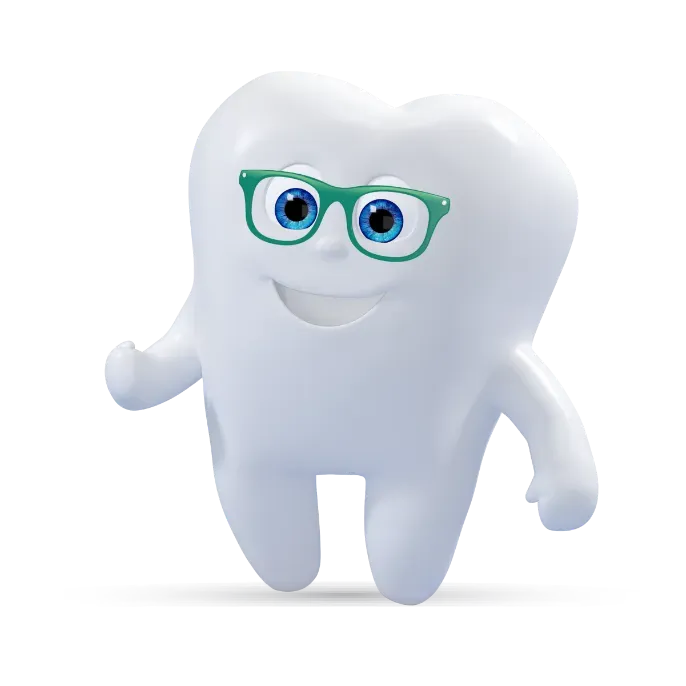If you’re a primary caregiver, you’re used to wearing many hats. From head chef, to office manager, to personal aide, to chauffeur, you do it all. Add dental assistant to the list, as the need for good dental health is crucial to overall health.
Helping your loved one with their oral hygiene is probably already part of your routine. But if it’s not, here are a few tips on getting started.
Regular dental checkups are the key to good oral health and more.
Regular dental checkups are key to good oral — and overall — health. Studies show that poor oral health is linked to heart disease, diabetes and more.
During regular exams, dentists look for signs of tooth decay, gum disease and oral cancer. They also examine for oral conditions like thrush and ensure that denture wearers’ dentures fit.
Three other positive outcomes from getting regular dental care:
- Keeping up on checkups and keeping one’s mouth and teeth clean can prevent sensitivity and pain.
- Checkups can also reveal broken teeth, or broken or unsafe partials that could be swallowed.
- And who doesn’t like a boost to their self-esteem now and then? It’s important for your loved one to have good oral hygiene that can help promote their sense of pride in their appearance.
Support well-established habits
A good routine of dental hygiene includes brushing with a soft-bristled toothbrush and fluoride toothpaste twice a day and cleaning between teeth once a day. If your loved one is capable of maintaining their dental hygiene, that’s terrific.
Keep plenty of toothpaste, mouthwash and dental floss on hand, and/or cleaner and adhesive cream if your loved one wears full or partial dentures.
To make sure they’re getting their checkups, work with them on scheduling. When the appointment rolls around, be sure to go. Your companionship and extra set of ears for any follow-up instructions are invaluable.
Find new ways to brush and floss
Keep in mind that medical issues and aging might make brushing and flossing more difficult than usual. For example, a person with arthritis might not have the dexterity or strength in their hands to grip a regular-handled toothbrush or hold onto both ends of dental floss.
Some ways you can help …
-
Consider an electric toothbrush.
Electric toothbrushes provide a bigger handle and require less pressure and movement to brush teeth effectively.
-
Find a bigger grip.
Universal easy-grip handles work like sleeves on a standard toothbrush. You can find them online or at a local home medical equipment and supply store. Or, check out toothbrushes with easy-grip handles, bigger brush heads and flexible necks.
-
Try alternatives to dental floss.
There are a number of options that can make it easier for people with arthritis to floss their teeth. Check out pre-threaded flossers (sometimes called “flosser picks”), longer-handled “soft-picks,” or wooden plaque removers. Battery-operated water flossers might also be an answer for extra tight teeth.
-
As always, talk to your dentist or dental hygienist.
This is especially true about how to care for dentures, and how to best clean your loved one’s mouth.
Here are some other common issues caregivers may face with some suggestions on how to address them.
A person who doesn’t have enough leg strength or balance might find it difficult to stand at or lean over the bathroom sink to brush their teeth.
Tip:
Have your loved one sit comfortably at a table or TV tray and place everything in easy reach. Toothbrush, toothpaste, dental floss or other interdental cleaners (like the ones mentioned above), a glass of water, hand towel, and a bowl or small plastic wash basin to spit into.
A person with memory issues or dementia might forget to brush — or even how to brush their teeth.
Tips:
If possible, get your loved one to the dentist for regular checkups during the early stages of these conditions. Preventive care might help reduce the need for more extensive procedures later when it might be difficult for your loved one to tolerate them.
-
In the early stages of memory issues or dementia, simply reminding your loved one to brush their teeth might be enough.
-
If your loved one needs a reminder on how to brush their teeth, provide short, simple instructions. Separate “Brush your teeth” into three steps:
- “Hold your toothbrush.”
- “Put toothpaste on the brush.”
- Then, “Brush your teeth.”
-
If you need to provide hands-on oral care for your loved one, try a “tell-show-do” approach:
- Tell your loved one how you’ll help them brush and what it might feel like.
- Show how you’ll do each step before you do it.
- Do the steps in the same way you’ve explained them. Gently place the toothbrush in your loved one’s mouth at a 45-degree angle so you can massage gum tissue as you clean the teeth.
- Make sure you and your loved one are comfortably seated before you begin. For some, it’s easiest to have your loved one seated in front of a mirror with you working from behind or on the side. If it’s difficult to get the job done mornings or evenings, any other time of the day will work.
Watch for signs that your loved one is having mouth discomfort. Strained facial expressions while eating or refusing to eat altogether can indicate mouth pain or poor-fitting dentures.
Caregiving can be difficult. Reach out to your loved one’s dentist and other medical providers for more suggestions on how to keep your loved one safe, well and comfortable.
If your loved one has memory issues or dementia, your local Alzheimer’s Association chapter can help.
If you have a loved one in skilled nursing …
By law, skilled nursing facilities must provide routine and emergency dental care. Ask about the dental care they provide.
- Is there a dentist on site, or will your loved one have to travel outside the facility for regular checkups?
- Who provides the daily dental oral care — have they been properly trained, and are they doing it twice a day?
Daily dental care would include denture care and safe storage in a case labeled with your loved one’s name.
In the market for dental insurance?
If you or a loved one are shopping for dental insurance, look for coverage that:
- Has no annual maximum on the cash benefits you can receive
- Has no deductible
- Gives you the freedom to see any dentist — and enjoy savings from network providers
- Provides immediate benefits for preventive and basic care
- Pays benefits for a wide range of dental procedures … from cleanings and fillings, to crowns, root canals, and dentures
- Has guaranteed acceptance regardless of your dental health





